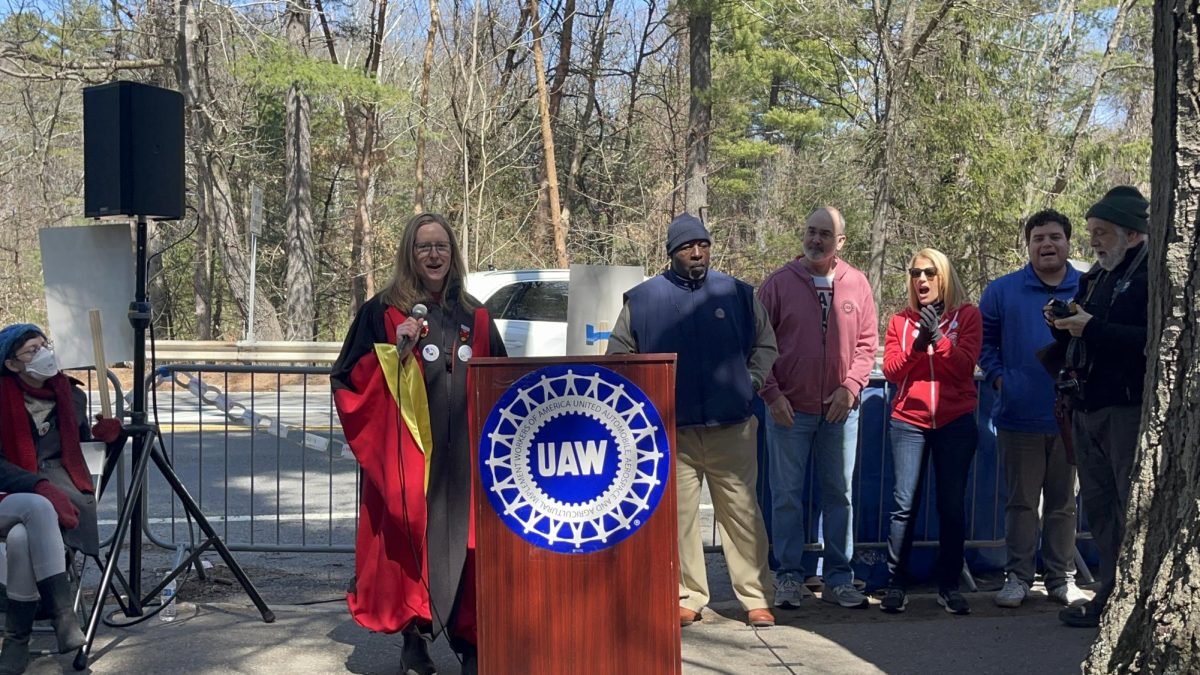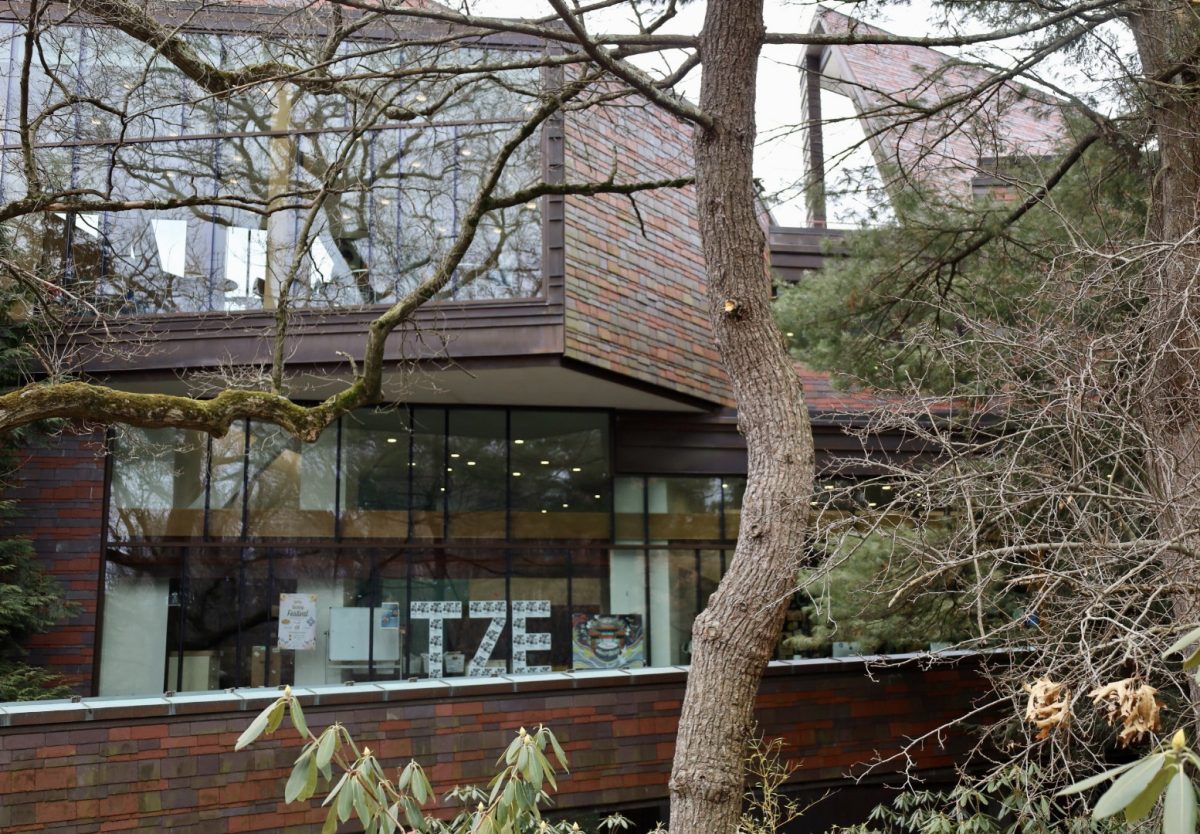Massachusetts for-profit healthcare company moves out
Steward Health Care executives are leaving Massachusetts sometime this year after considering the move since November. Through the leave and afterwards, its hospitals will remain open. The for-profit healthcare company was centered in Massachusetts and operates the Carney Hospital in Dorchester and St. Elizabeth’s Hospital in Brighton. The company has been expanding enormously in the past year. Before 2017, Steward Health Care was located entirely in Massachusetts but now operates 36 hospitals in 10 different states. The move to Texas is purportedly to have more space. It will also bring the company closer to markets in the western United States. However, it is also worth considering that Massachusetts has the nickname “Taxachusetts” due to its unusually high tax rates, which could be driving companies to cheaper areas. As the company continues to grow, it could be cheaper to experience growth in more lenient states. Despite this move, Steward anticipates that it will still grow its headcount everywhere, including in Massachusetts.
ICE arrests rise in Boston area
Nationally, the number of arrests of immigrants has increased by 30 percent as President Trump makes good on his promise to toughen up on immigration. The Immigration and Customs Enforcement Agency’s office centered in Boston is responsible for all of New England. Arrests in the region have risen by 44 percent, which is higher than the national average. Even so, the numbers remain lower than they were during the first few years of Barack Obama’s terms; Obama backed off of an aggressive deportation policy later in his presidency. This new wave of arrests does not target criminals, but rather law abiding citizens. For example, the Indonesian Christian population in Massachusetts has previously been granted stays of approval but are now being arrested when they show up to the ICE office to renew their stay. Randy Capps, an immigration expert from the Migration Policy Institute, told the Boston Globe that the tools have not changed, but the public statements and internal documents from this administration have become much more aggressive.
Wellesley fights developer over affordable housing project
The Wellesley Board of Selectman wants to acquire the parcels of land associated with the addresses 818, 822 and 826 Worcester Road to stop a development by Jay Derenzo, a Boston-area luxury home developer. Derenzo plans to build a housing complex under Chapter 40B and has already signed purchase-and-sale agreements with the current owners. Chapter 40B is a classification in Massachusetts that allows for more flexible zoning laws if the building includes some affordable housing. Every community in the state of Massachusetts is supposed to strive to have 10 percent of its housing be affordable and accessible to low-income residents. Currently, only 6.3 percent of Wellesley residences are classified as affordable. Despite this discrepancy, Massachusetts Housing, part of the state housing commission, has rejected two former proposals by Derenzo to build in Wellesley. The town says the acquisition of the properties could help with traffic issues. The town has even considered using eminent domain, when the government takes over private property for its own use, to block Derenzo’s efforts. Eminent domain is not usually used because it goes against the idea of private property and the open market.
Town of Wellesley plans to improve girls’ softball fields
The Community Preservation Committee of Wellesley, a group which advises the budgeting for public space use in Wellesley, unanimously approved a budget of $100,000 to improve the softball fields along Washington Street. The decision comes five years after then-sixth grader and Wellesley resident Emily Willrich wrote an editorial for The Wellesley Townsman about the inequity in the sports facilities for girls and boys. For instance, Rady Field, the Little League baseball field also located on Washington Street, received money from private funds in 2005 while the girls’ field did not. Willrich’s piece garnered nationwide attention, including from journalist and political activist Gloria Steinem, who met with Willrich and encouraged her efforts. This allocation of funds will have to be approved at the Annual Town Meeting in April, but it has widespread support within the town of Wellesley and is expected to pass.






